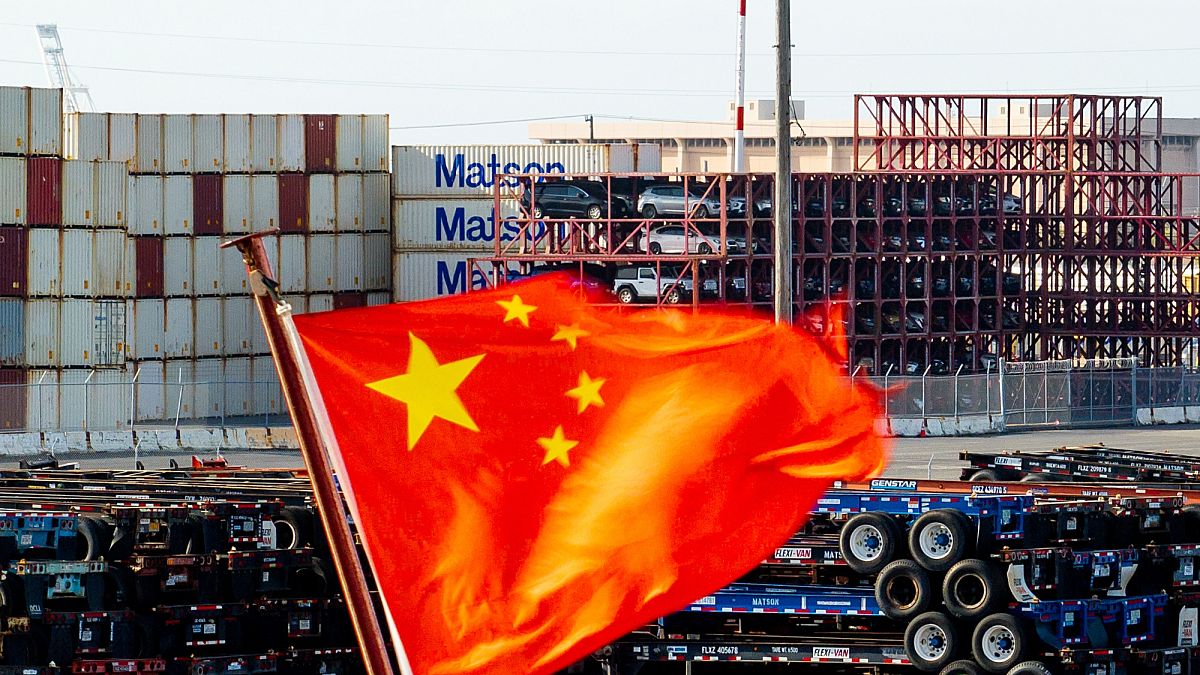

In a world seeking harmony and understanding, recent developments shed light on the ongoing efforts toward peace and cooperation among nations. Recent escalations between Thailand and Cambodia have prompted immediate ceasefire discussions, while the United States and China are preparing for talks in Stockholm to address looming trade agreements.
A sense of hope accompanies the news from Southeast Asia, where Thailand and Cambodia have reached a pivotal agreement to cease hostilities. This understanding was achieved after five days of intense border clashes that resulted in significant loss of life and displacement. The situation was marked by the gravest conflict between these neighbors in over a decade, claiming at least 35 lives and affecting over 270,000 people. Despite the severity of recent events, the willingness of both nations to engage in peace talks signals a promising step towards resolving their differences through dialogue.
Malaysia has taken on the role of mediator, providing a neutral ground for the discussions to take place. On the heels of international encouragement, including a message from the United States urging resolution, the leaders of Thailand and Cambodia have convened in Kuala Lumpur. U.S. President Donald Trump’s recent involvement, where he indicated potential repercussions on trade deals should the conflict persist, underscored the international stakes and the broader impacts of regional instability. The peace talks underscore the critical necessity of communication and cooperation in addressing and resolving international conflicts.
In European theaters of diplomacy, leaders from France, Germany, and the United Kingdom have also been actively engaged in urging a ceasefire in another troubled region, Gaza. Conversations among these key figures highlight the international community’s commitment to peace and the collaborative efforts required to address global tensions. Their unified voice calls for an immediate cessation of hostilities, reflecting a shared understanding of the human toll and the imperative of peace. Such dialogues reflect a common pursuit of stability and human rights, transcending borders and politics.
Meanwhile, an important dialogue is set to unfold between the United States and China in Stockholm, as both nations prepare to discuss trade amid the nearing expiration of a current truce. This meeting is poised to be a precursor to a subsequent summit between U.S. President Donald Trump and Chinese President Xi Jinping scheduled for the autumn. As two of the largest economies in the world, the outcomes of these talks could have far-reaching implications for global trade and economic stability.
The United States and China, representing significant weight in the global economic apparatus, are navigating complex issues that have previously created tensions, from trade imbalances to technological competition. This upcoming dialogue presents an opportunity for these superpowers to address mutual concerns and work towards sustainable economic collaboration. Ensuring a positive outcome not only benefits the two countries involved but also minimizes ripple effects across the international community.
Amid these geopolitical maneuvers, the prospect of diplomacy over conflict represents a reaffirmation of peaceful engagement. The recent willingness of involved nations to meet and negotiate demonstrates a traditional yet ever-essential approach to conflict resolution. As the world watches the developments unfold, there remains an encouraging nuance in recognizing that diplomacy is alive in various corners of the globe. Together, these efforts remind us of our shared humanity and underscore the possibility of constructive dialogue yielding peaceful outcomes.
Although the paths to resolution are fraught with complexities, the resolve to negotiate and find common ground serves as a testament to the enduring strength of diplomacy. The ongoing adherence to communication over conflict and dialogue over discord continues to be a hopeful beacon in our interconnected world. As these developments progress, the international community remains hopeful that peaceful resolutions can pave the way for a more harmonious future.
Source: {link}
